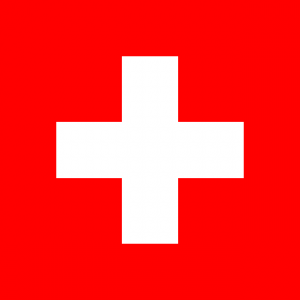Language/Swiss-german/Vocabulary/Clothes
Hi Swiss German learners! 😊
In this lesson, you will learn the most important Swiss German words related to clothes. Knowing these words will help you to communicate better with native speakers and understand what they are saying. Let's get started! 🤩
Consider broadening your understanding by checking out these related lessons: Days of the Week, Drinks, Education & Fruits.
Basics[edit | edit source]
Here are some basic words related to clothes in Swiss German:
| Swiss German | Pronunciation | English Translation |
|---|---|---|
| Kleid | /klaɪt/ | Dress |
| Hemd | /hɛmt/ | Shirt |
| Hose | /hoːzə/ | Pants |
| Schuhe | /ʃuːə/ | Shoes |
| Jacke | /jakə/ | Jacket |
You can use these words to talk about what you are wearing or what someone else is wearing. For example:
- Ich trage ein Hemd. (I'm wearing a shirt.)
- Er trägt eine Jacke. (He is wearing a jacket.)
Colors[edit | edit source]
Colors are also important when talking about clothes. Here are some common colors in Swiss German:
| Swiss German | Pronunciation | English Translation |
|---|---|---|
| Grün | /gryːn/ | Green |
| Rot | /roːt/ | Red |
| Blau | /blaʊ/ | Blue |
| Gelb | /gɛlb/ | Yellow |
| Schwarz | /ʃvaʁts/ | Black |
You can use these words to describe the color of your clothes. For example:
- Meine Schuhe sind rot. (My shoes are red.)
- Seine Jacke ist schwarz. (His jacket is black.)
Practice[edit | edit source]
To improve your Swiss German Vocabulary, you can also use the Polyglot Club website. Find native speakers and ask them any questions!
➡ If you have any questions, please ask them in the comments section below.
➡ Feel free to edit this wiki page if you think it can be improved. 😎
Other Lessons[edit | edit source]
- How to say Good Bye
- Colors
- Tongue twisters
- Food
- Express Surprise
- Education
- Animals
- How to Say Hello and Greetings
- Health
- Days of the Week

